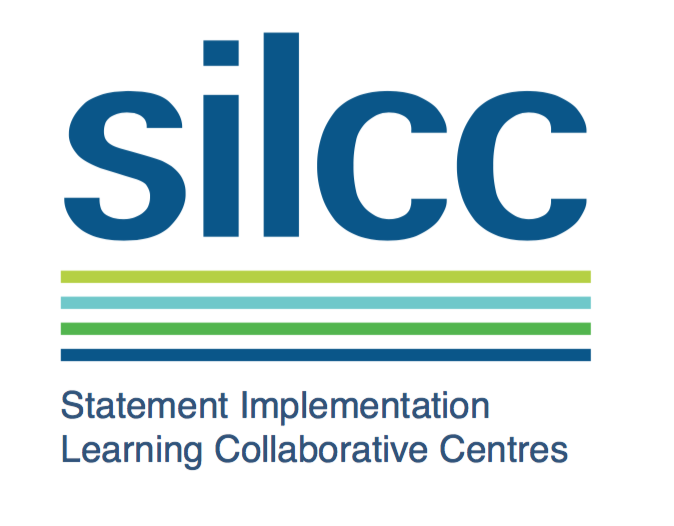"Hospital pharmacies should have responsibility for all medicines logistics in hospitals. This includes proper storage, preparation, dispensing, distribution and disposal conditions for all medicines, including investigational medicines."
What does it mean for patients? Patients can rely on the conditions of storage, preparation, dispensing, distribution and administration of medicines in the hospital. The pharmacist, who is the expert in the management of medicines within the hospital, is responsible for ensuring that the medicines required are available in the best conditions when patients need them, including investigational medicines. That means that medicines are stored in appropriate conditions and that other healthcare professionals have sufficient information available on how to prepare and administer them to patients.
What does it mean for healthcare professionals? Doctors and nurses should be aware that all logistics procedures for medicines, including investigational medicines, and pharmaceutical products are under the control of hospital pharmacists. Their specialised training provides the assurance that the recommendations made on the storage, preparation, dispensing and distribution of medicines will aim to ensure the integrity of the medicine in the hospital. They are also available to provide information required to prepare and administer the medicine safely.
What does it mean for Hospital Pharmacists? Hospital pharmacists should have the responsibility for all medicines logistics in hospitals, including the proper storage, preparation, dispensing, and distribution conditions for all medicines, including investigational medicines and pharmaceutical products used in the hospital. Hospital pharmacists should establish standard operational procedures on the appropriate storage, preparation and distribution of medicines. Hospital pharmacists should clearly set out the distribution processes having regard to the nature of the product and the correct ordering, dispensing, storage and handling requirements. Hospital pharmacists should address the needs of the healthcare professionals to have user friendly access procedures in place that address the professional responsibilities. Hospital pharmacists should have a complaints/comments system in place to identify issues with the distribution systems.
 The Tyne and Wear NHS Foundations Trust Hospital is SILCC Host providing training on this Statement. Please learn more about the SILCC programme here.
The Tyne and Wear NHS Foundations Trust Hospital is SILCC Host providing training on this Statement. Please learn more about the SILCC programme here.
 The Fatebenefratelli e Oftalmico Hospital is SILCC Host providing training on this Statement. Please learn more about the SILCC programme here.
The Fatebenefratelli e Oftalmico Hospital is SILCC Host providing training on this Statement. Please learn more about the SILCC programme here.













